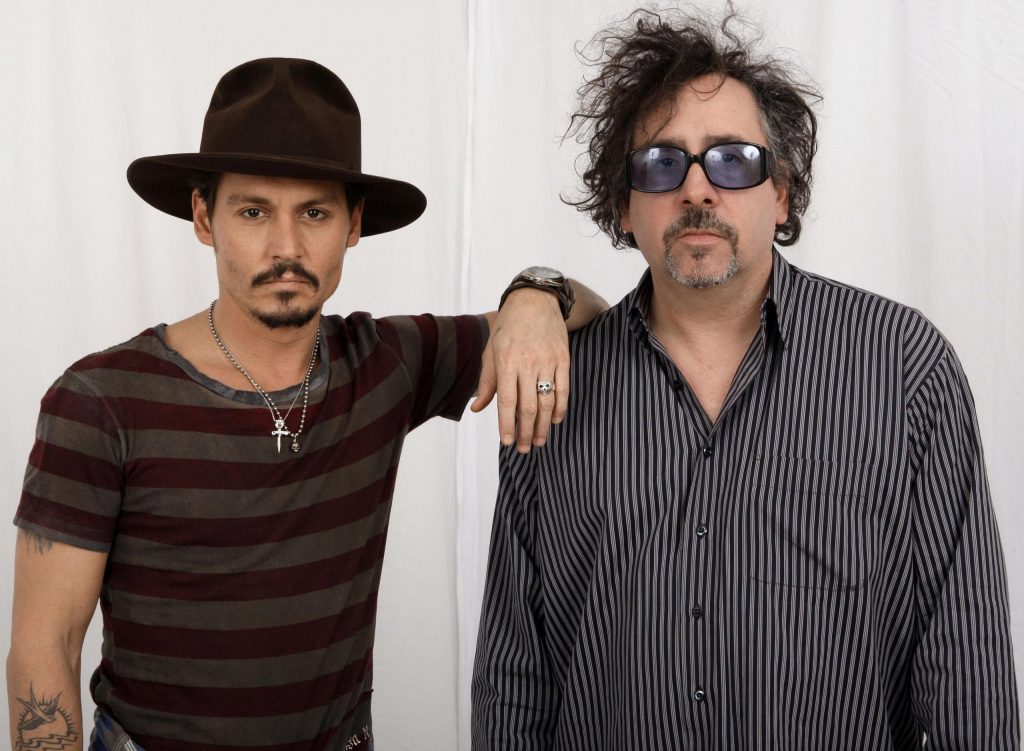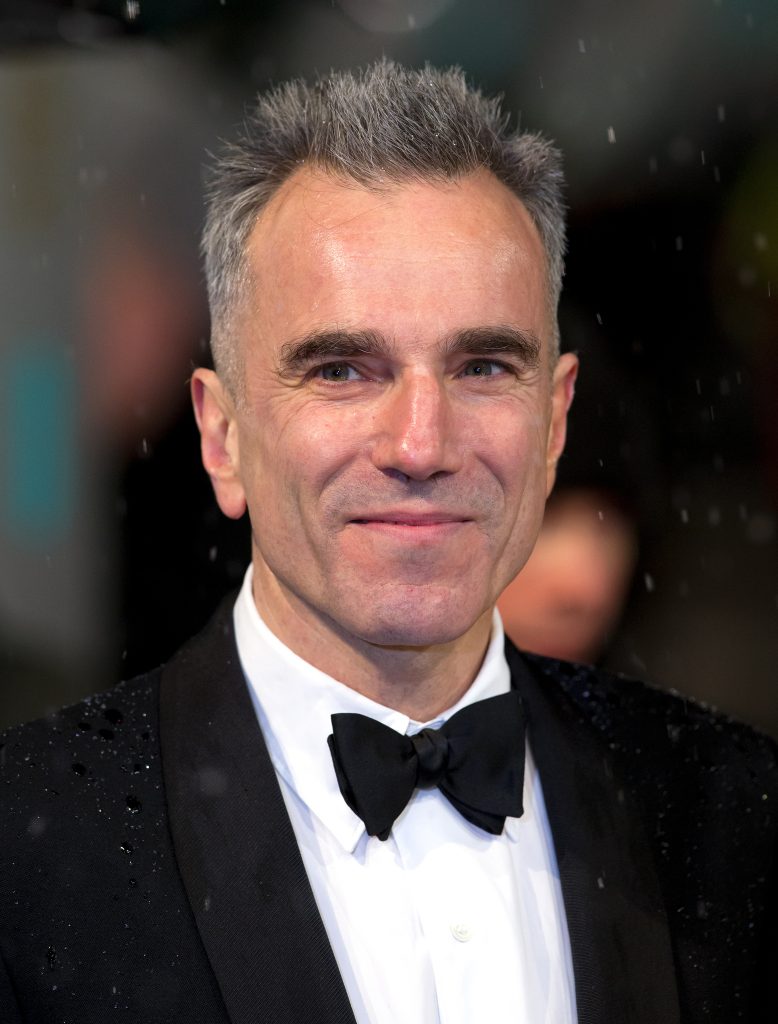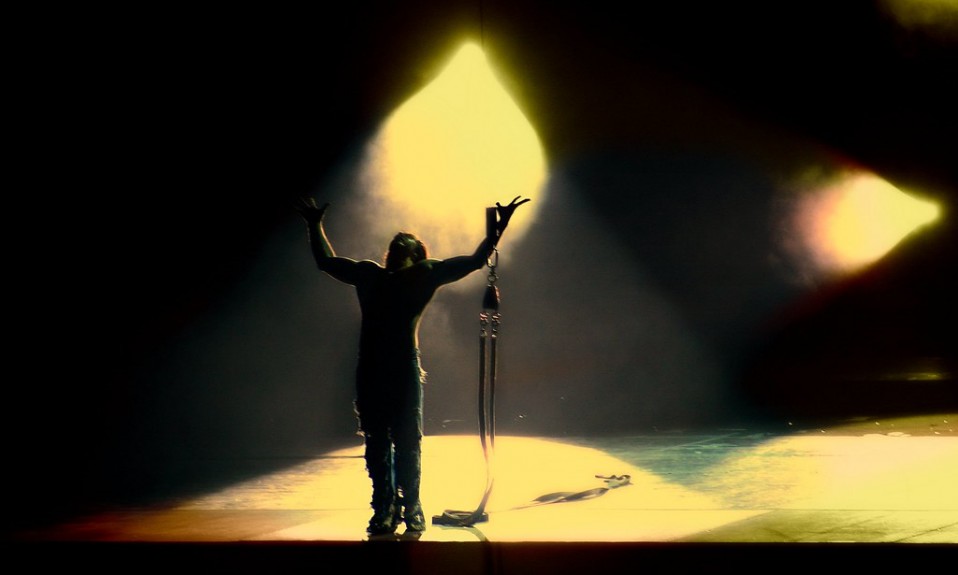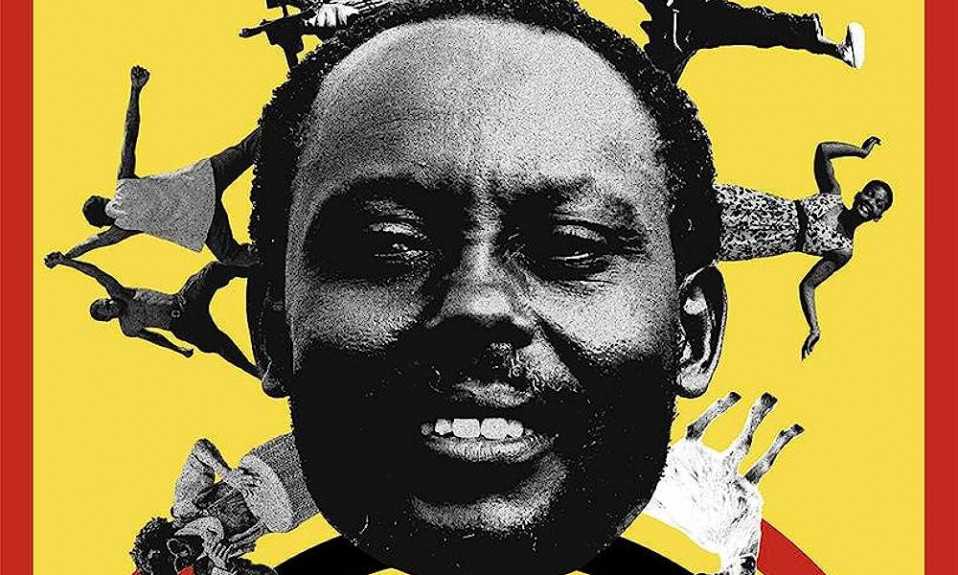It’s likely that almost everyone has dreamt of being an actor at some point, maybe there are a few aspiring actors reading this now. A recent report by researchers at the Queen Mary University in London tried to work out how likely someone is to become a successful actor. Using IMDb and looking at actors from the birth of film in 1888, all the way up to 2016. It claims this model can predict if an actor or actress has had their most productive year with 85% accuracy, as well as shedding some light on the realities of how likely an actor is to stay in work.
Most actors are “One hit wonders”

The study looks at 1,512,472 actors and 896,029 actresses and the number of credits they had each year of their careers, (a year without any credits, still counts, but scored a 0). “One hit wonders”, actors whose career spans only a single year, are the norm in show business rather than an exception, with around 69% for males and 68% of females falling into this category- over half of both the groups studied. Further analysis shows that while women are more likely to have a career that spans more than one year, it is often a shorter career than for males, which suggests a gender bias in men’s favour.
Work leads to more work

Perhaps unsurprisingly, the study also found that getting roles increases the likelihood of future job opportunities. So while some mega stars have got discovered, the best route is to get a job, which inevitably leads to contacts and recognition, leading to more jobs, it’s all a big loop. Producers and directors often have a pool of actors and actresses they will reuse for subsequent films, like Christopher Nolan and Tim Burton casting Michael Caine and Johnny Depp respectively.
This creates a “rich get richer” effect, where famous actors are taking multiple roles while others are still trying to get their first credit. This is nothing new, however, the study does suggest that the circumstances regarding an actor “making it” are rather arbitrary and unpredictable, with no discernible pattern to success, meaning that actual acting talent may be less of a factor than networking when it comes to a successful career. Additionally, the career length is no indicator of activity. For example, Leonardo DiCaprio regularly takes breaks from acting, sometimes with a 2-year gap between roles, but has still managed to maintain a successful career since it began in 1979.
Actors have “hot” and “cold” streaks

A “hot streak” refers to an actor having lots of credits over a short span of time, usually a couple of years, whilst a cold streak is a few if any roles. The study claims that both actors and actresses, experience hot streaks, where they work more based on if they worked the year before, interspersed between long cold streaks, where they work much less, if at all that year. These streaks of employment match findings with other creative and science industry jobs.
The biggest of these hot streaks, an actors’ “peak” (the year in which they have the most credits) takes place towards the beginning of their career, with an average peaking at around two and a half years from their first role, before experiencing a steady decline.
Conclusions
The main takeaways from this study strongly imply that most actors will be a “one hit wonder” with their career likely to span just one year. It also indicates a gender bias towards males, as the data shows that they on average have more credits each year and are active for longer, with just 2% being able to make a living out of the profession, whilst the number of actors compared to available roles means there as many as 90% unemployed at a time.
The more credits an actor gets, the more credits they are likely to get in future, as the industry works on a “rich get richer” scheme, with well-known actors being offered more work than newcomers, making it extraordinarily difficult to break into the industry. Actors usually peak around two and half years into their career, although this can vary based on how active they are, with their career coming in hot streaks with lots of work, followed by longer cold streaks, with little to no work. Perhaps most worryingly, their careers seem to show a steady decline after their peak.
Also Read: Great Scenes With No Dialogue













